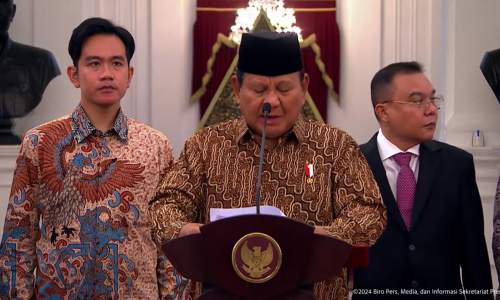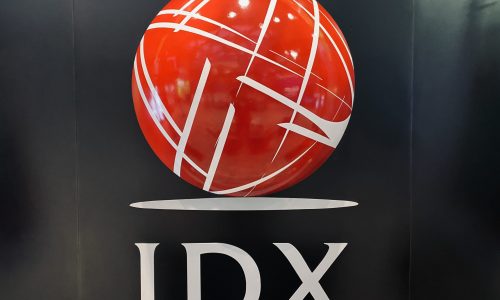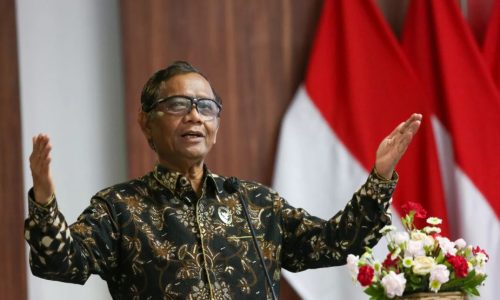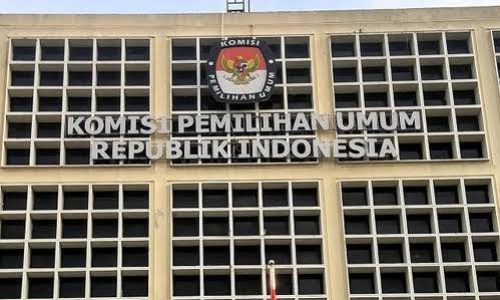The Center for Economic and Law Studies (Celios) has suggested that Indonesia requires at least Rp892.1 trillion (US$54.7 billion) by 2045 to implement a restorative economic strategy across various sectors.
Restorative economics is a development model prioritizing sustainable environmental and social practices.
According to Celios’ Public Policy Director, Media Wahyudi Askar, the country needs around Rp37 trillion annually to meet this goal.
Askar highlighted this during the launch of the report titled “New Economic Paradigm: Fiscal Support for Restorative Economy” on Thursday, July 25, 2024.
Despite growing awareness of sustainable practices, Indonesia lacks sufficient funding specifically for restorative economic initiatives, often lagging behind in renewable energy and climate change mitigation efforts.
Askar identified two main challenges in achieviing the target: an investment gap and limited policies supporting restorative economic development.
To address these issues, Celios recommends adopting a progressive and sustainable taxation model in Indonesia. Proposed measures include carbon taxes, coal production taxes, windfall taxes, and taxes on the super-rich.
Celios report hinted that these measures could potentially generate an additional Rp222 trillion to Rp241 trillion annually, which could be allocated to fund restorative economic initiatives.
“These innovative taxation measures can provide a funding option to support restorative initiatives without increasing debt burdens and straining the current fiscal structure,” Askar said.
He cited the estimated state revenue from these sustainable and progressive taxes, with projections including Rp69.75 trillion from carbon taxes, Rp42.71 trillion from windfall taxes, Rp28.76 trillion from coal production taxes, and Rp81.56 trillion from taxes on the super-rich.
Chairwoman of the Koalisi Ekonomi Membumi (Down-to-earth Economic Coalition), Gita Syahrani, emphasized the economic and environmental benefits of a restorative economy, noting that it offers substantial financial opportunities for communities.
She pointed out that Indonesia’s potential in this sector is significant but requires better management at the upstream level.
A restorative economy, which focuses on preserving environmental sustainability to ensure natural continuity, provides numerous benefits to humans.
Syahrani noted that the value creation in this sector is among the highest, citing the beauty industry as an example where consumers are willing to pay premium prices for personal care products derived from sustainably managed Indonesian biodiversity.
“The value is already significant, but we need to improve upstream management and ensure it is genuinely managed regeneratively,” Syahrani said during a podcast titled “Ekonomi Berbasis Alam, Bisa Cuan?” (Can nature-based economy generate income?) taped on June 4, 2024.
She suggested that even commodities like oil palm, which have become monocultural, could present opportunities to mitigate their negative impacts by managing them more sustainably, adhering to commitments such as no deforestation and no peatland exploitation.
The management of natural resources in a restorative economy can also create numerous job opportunities, involving local communities in the sustainable development of these resources.









